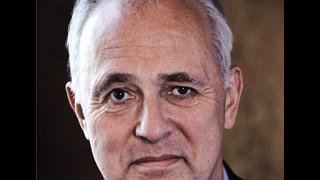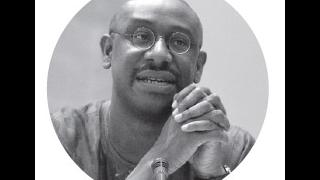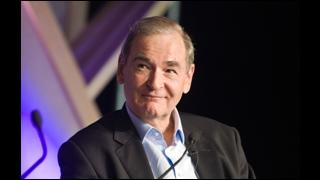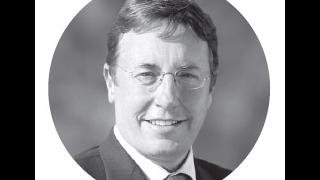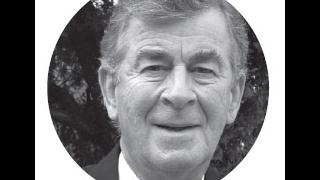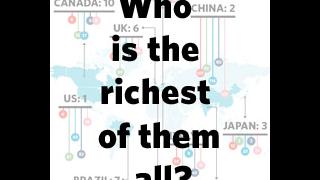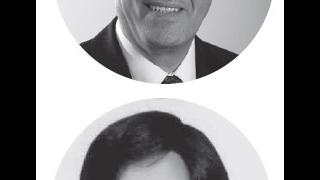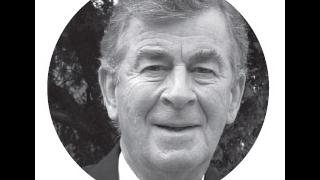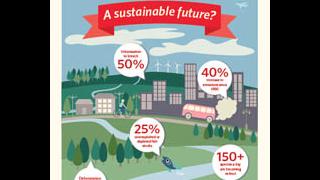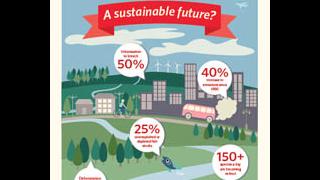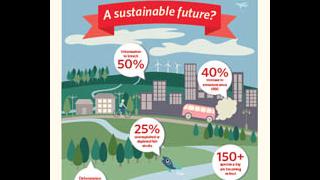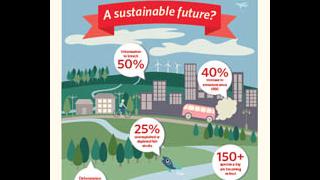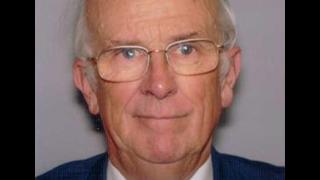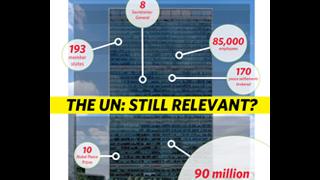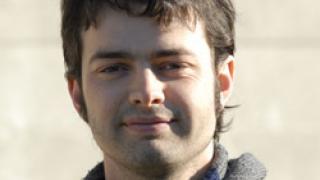
With state visits from UK Foreign Secretary William Hague and US Secretary of State Hillary Clinton, the US and the EU relaxing Burmese sanctions and Aung San Suu Kyi standing for a seat in parliament this April, these are unprecedented times for Burma, one of the world’s most repressed and isolated nations.
However, given the ongoing human rights violations in ethnic areas and the regime’s appalling track record of broken promises when it comes to political reform, William Hague hit the nail on the head when he commented that Burma should be judged on actions, not words.
What role does the UN play in Burma?
The UN as an aid agency
UN Development Programme is on the ground in Burma delivering programmes on primary health care, the environment, HIV/AIDS, training and education and food security while the UN Refugee Agency assists more than 1 million people in communities suffering from internal displacement.
This work is undertaken with a ‘bottom-up’ approach in order to provide assurance to major donors (such as DFID) that resources are not siphoned off or misused by Burma’s central government.
If the Burmese army were to cease hostilities in ethnic areas such as Kachin State, north-east Burma, and become a credible development partner, it would become possible for aid agencies to reach those most in need. At the moment it is too risky for most aid agencies to operate in such areas.
The UN as a protector of human rights
As a protector of human rights, the UN has been woefully absent in Burma over the years. The UN Security Council has been hamstrung by the acknowledgement that any stern measures on Burma would be vetoed by China (as seen in 2007), who, along with India, both enjoy a healthy trading relationship with Burma.
The General Assembly has been equally impotent. For the last 19 years, it has done little more than reiterate a resolution calling on the Burmese regime to respect the Geneva Conventions and to hold its own investigation into human rights abuses.
The UN as an arbiter?
During her recent visit to the country, Secretary Clinton stepped back from previous calls for a UN Commission of Inquiry into war crimes and crimes against humanity in Burma in the hope that internal investigations will form part of the Burma’s reform process. Last year the establishment of a Commission was supported by the UK and the US, as well as the UN Special Rapporteur on Burma, Tomas Ojea Quintana.
During his latest visit to Burma which ended on 5 February 2012, Quintana warned that "There is a risk of backtracking on the progress achieved thus far […] moving forward cannot ignore or whitewash what happened in the past". Quintana was appointed by the Human Rights Council in 2008.
David Mathieson, Burma researcher at Human Rights Watch, commented “It’s unfortunate that the 16 countries who stated their support for a Commission of Inquiry are now temporarily retreating from that support”.
One can understand the international community’s unwillingness to rock the boat whilst reforms are apparently steaming ahead; however, given the inactivity of the Security Council and General Assembly, there is some justification for the criticism levelled at the UN that recent reforms in Burma have taken place despite, not because of, UN efforts.
It is hard to imagine a united, free Burma without the cessation of government-sponsored human rights violations, followed by a robust process of justice or ‘Truth Council’ (as dubbed by Aung San Suu Kyi) to hold those responsible to account.
Whilst the Burmese constitution grants immunity to all former and serving military generals, the international community should not be holding its breath for such an internal process to take place any time soon.
Useful links
Burma Campaign UK - http://www.burmacampaign.org.uk
Human Rights Watch - http://www.hrw.org/asia/burma
Irrawaddy Newspaper - http://www.irrawaddy.org
Ben Donaldson is Communications and Campaigns Officer at UNA-UK.

